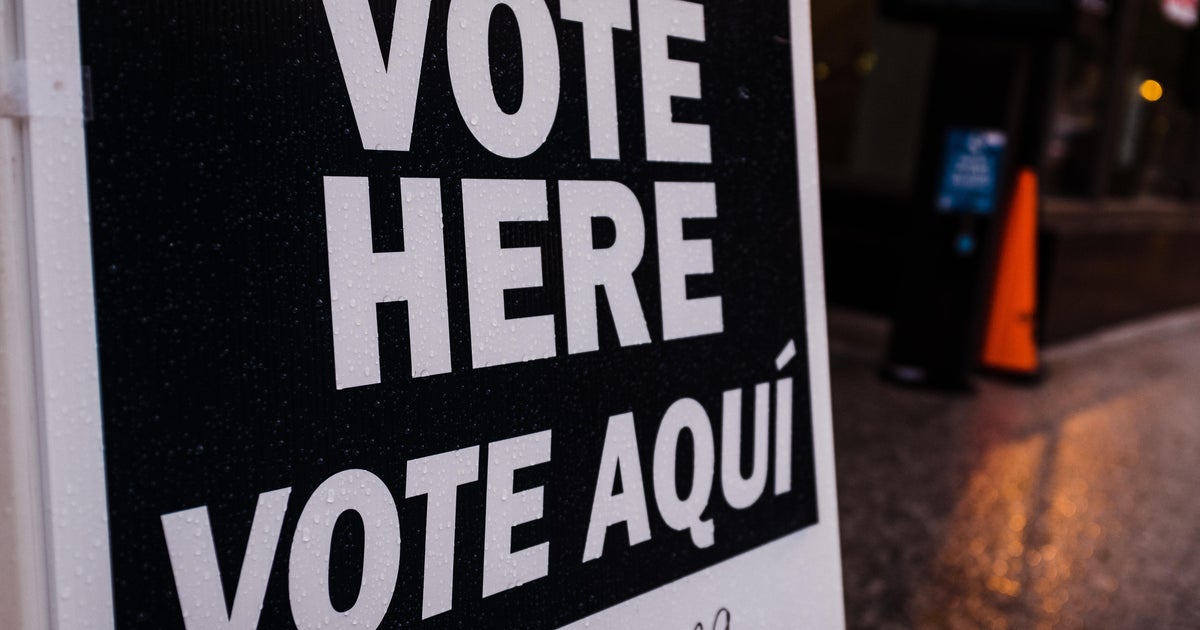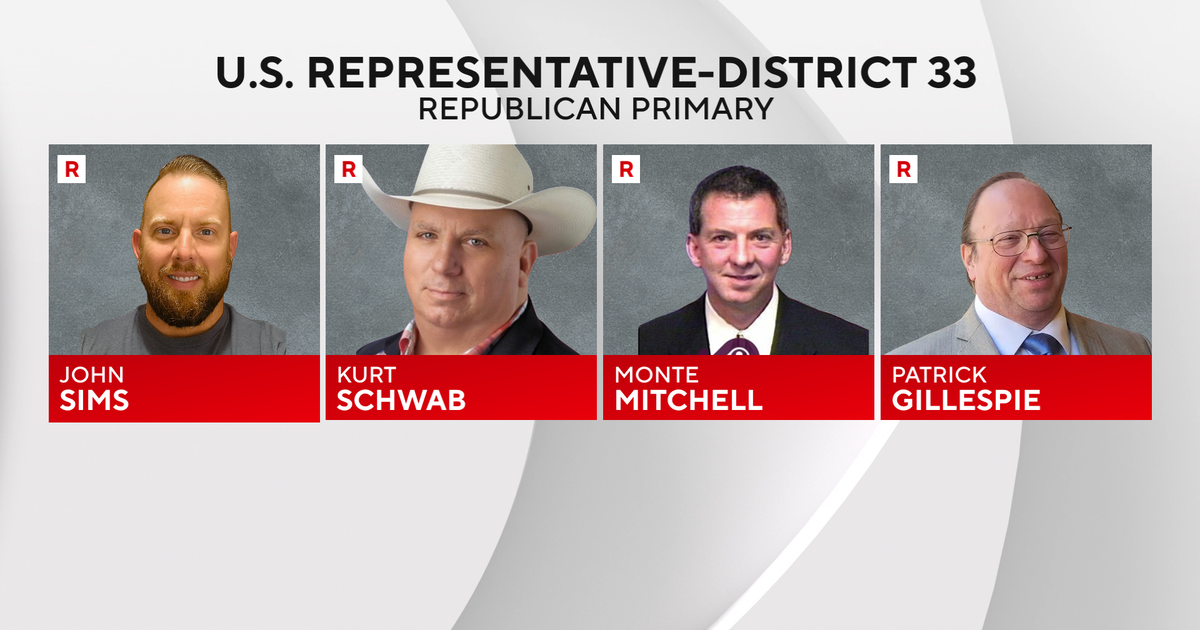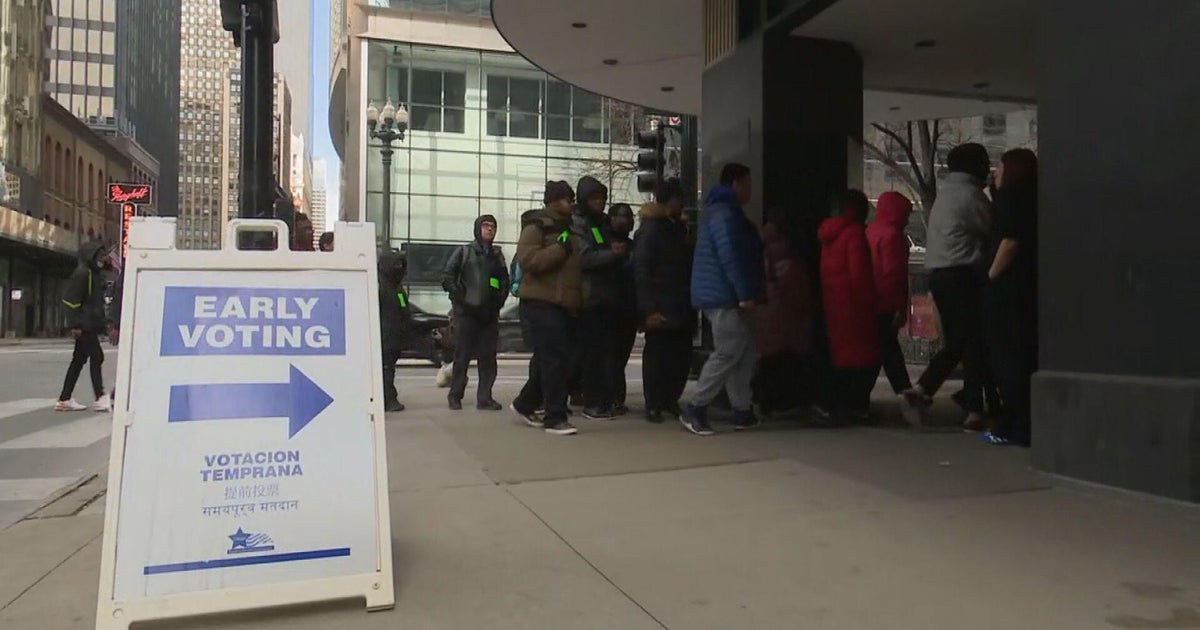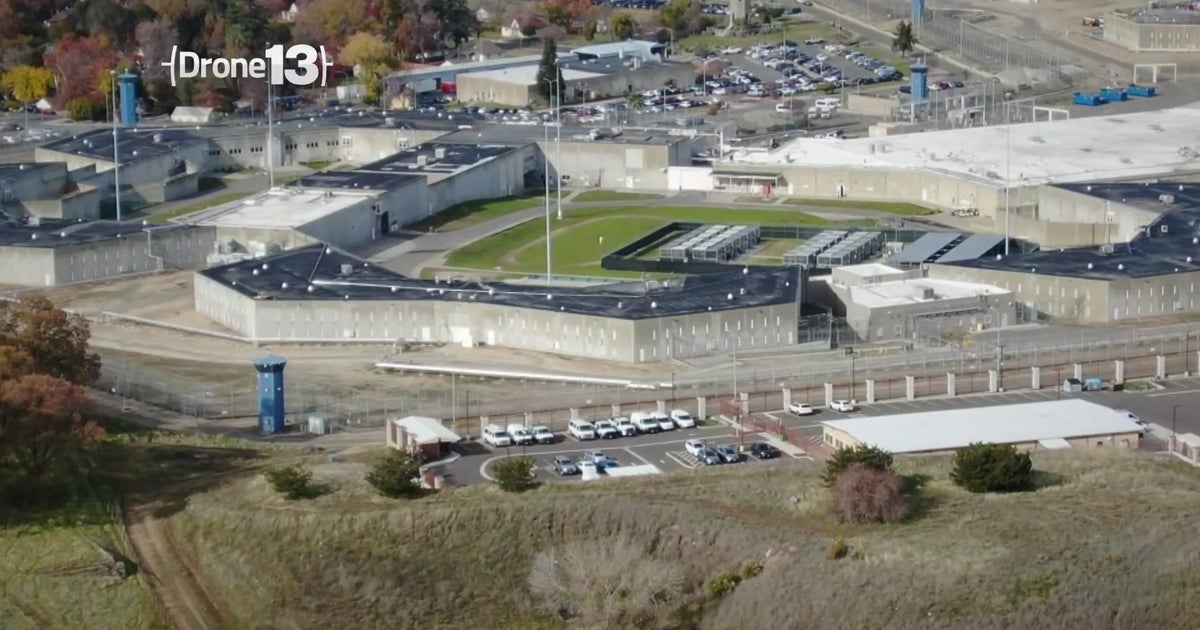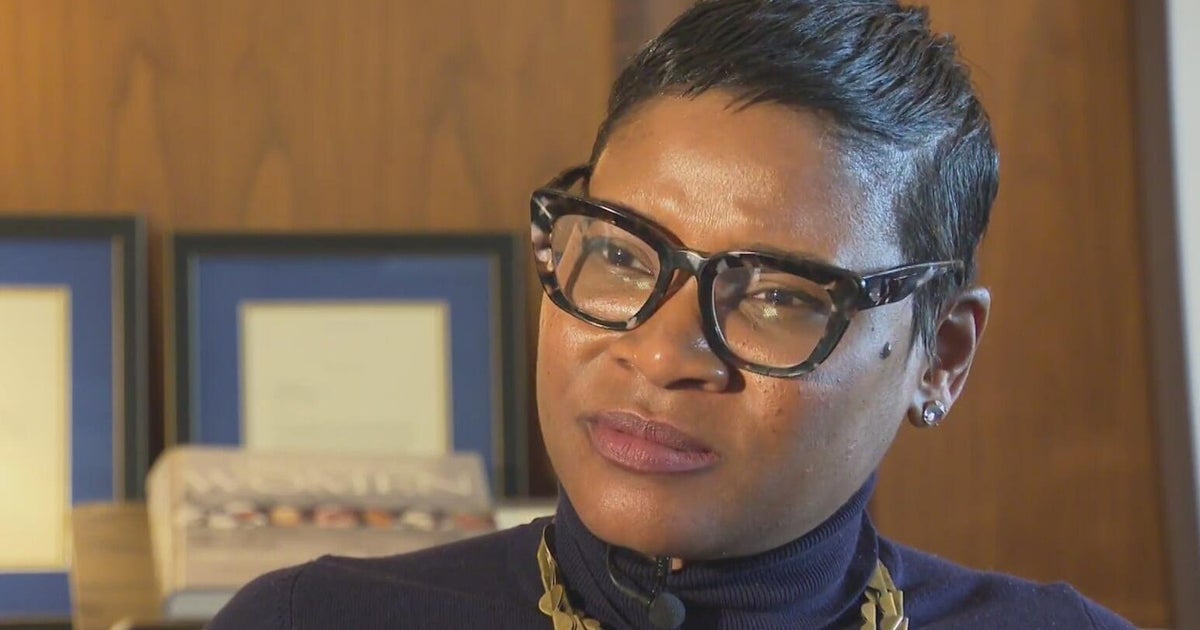Ballot Items Aim To Alter California Redistricting
SACRAMENTO (AP) -- The independent commission tasked with redrawing California's legislative districts does not yet exist, but voters in November will have the opportunity to either expand its reach or dismantle it entirely.
Two opposing measures on the ballot would determine how the boundaries of the most populous state's 120 legislative and 53 congressional seats are reconfigured in time for the 2012 elections.
Proposition 20 would shift responsibility for congressional redistricting from the state Legislature to a 14-member citizens panel that voters approved in 2008. The panel, approved by voters in 2008 and still being formed, will include five Democrats, five Republicans and four voters registered outside those parties.
Proposition 27, alternatively, would abolish the commission before it has a chance to act, returning responsibility for drawing state Senate, Assembly and Board of Equalization district boundaries back to the Legislature.
The measure also would set a $2.5 million cap on redistricting activities, which take place once every 10 years. Supporters say that is several million dollars less than what the state would spend each decade on the redistricting commission.
Proponents of one measure vehemently oppose the other.
Those in favor of keeping the commission say it will prevent politicians from continuing to draw districts to protect their own jobs.
Critics describe the panel as a waste of taxpayer money and its members as amateurs unqualified for such an important task.
"Our state is in crisis! Unemployment, crime, massive debt," opponents warn in their ballot argument against Proposition 20, which would expand the independent panel's responsibilities. "It is time to stop nonsense political games of reapportionment."
Incumbent politicians hoping to go back to the old, Legislature-controlled system have contributed hefty sums to the "Yes on Fair, Yes on 27" campaign, which raised $3.3 million between Jan. 1 and June 30. On Aug. 31 alone, six Democratic state lawmakers contributed a total of $378,000 to the effort.
"The current legislative redistricting scheme puts power in the hands of an unelected, unrepresentative and unaccountable bureaucracy," said Assembly Speaker John Perez whose ballot measure committee has given $49,000 to the "Yes on 27" campaign.
Perez, a Los Angeles Democrat, described the attempt to expand the redistricting commission's role as a "political power play"— a fear shared by much of the state's Democratic majority. Not surprisingly, the California Democratic Party has come out against the commission, while the state GOP supports broadening its role.
"A 'yes' on Proposition 27 means you're giving job security to state legislators who would be able to have everything gerrymandered so that when they're termed out of office, they can move right into Congress," said Mark Standriff, a spokesman for the California Republican Party.
Other supporters of the citizens redistricting commission have formed a broad coalition—"Yes on 20, No on 27, Hold Politicians Accountable." It includes AARP, the California Chamber of Commerce and the NAACP's California chapter.
The coalition's efforts are funded almost entirely by Charles Munger Jr., a physicist from Palo Alto whose father has been one of Gov. Arnold Schwarzenegger's major benefactors. He and his wife had contributed more than $4.2 million to the campaign as of Sept. 13.
Schwarzenegger, who has sought to tackle gerrymandering since taking office in 2003, was the driving force behind the 2008 ballot measure that created the redistricting commission—a measure Munger also helped finance. The initiative, Proposition 11, passed with just over 50 percent of the vote.
The Republican governor has not taken a position on whether the commission's role should be expanded to congressional districts, but he is strongly opposed to eliminating it, said Laura Dixon, a spokeswoman for Schwarzenegger's ballot-measure campaign committee.
"It's been clear that the people of California want political reform, and Proposition 27 is just an effort to overturn the headway we've made," Dixon said. "It's wrong, and it takes power and choice away from the people."
Schwarzenegger and other supporters of the citizens commission have argued it will result in districts that are more evenly balanced between Democrats, Republicans and independents. They say that would increase competition and promote more moderate candidates.
But some political experts disagree.
"The number of moderates you're going to get in more
competitive districts is a lot fewer than you might think," said Eric McGhee, a research fellow at the Public Policy Institute of California who has studied redistricting. "There's really not much evidence that the Legislature's partisanship today is connected to the way the districts are drawn."
The institute has not taken a position on propositions 20 and 27, but McGhee said he thought Californians would be willing to give the redistricting commission at least a test run before shutting it down.
"My sense is that voters are going to be skeptical undoing something they just voted for two years ago," he said.
If both measures pass Nov. 2, the initiative with the greater number of "yes" votes would be the only one to take effect.
(© 2010 The Associated Press. All Rights Reserved. This material may not be published, broadcast, rewritten or redistributed.)
